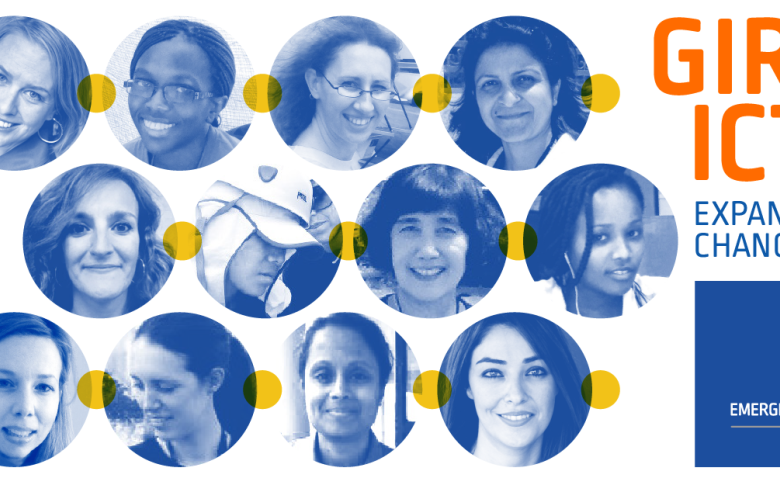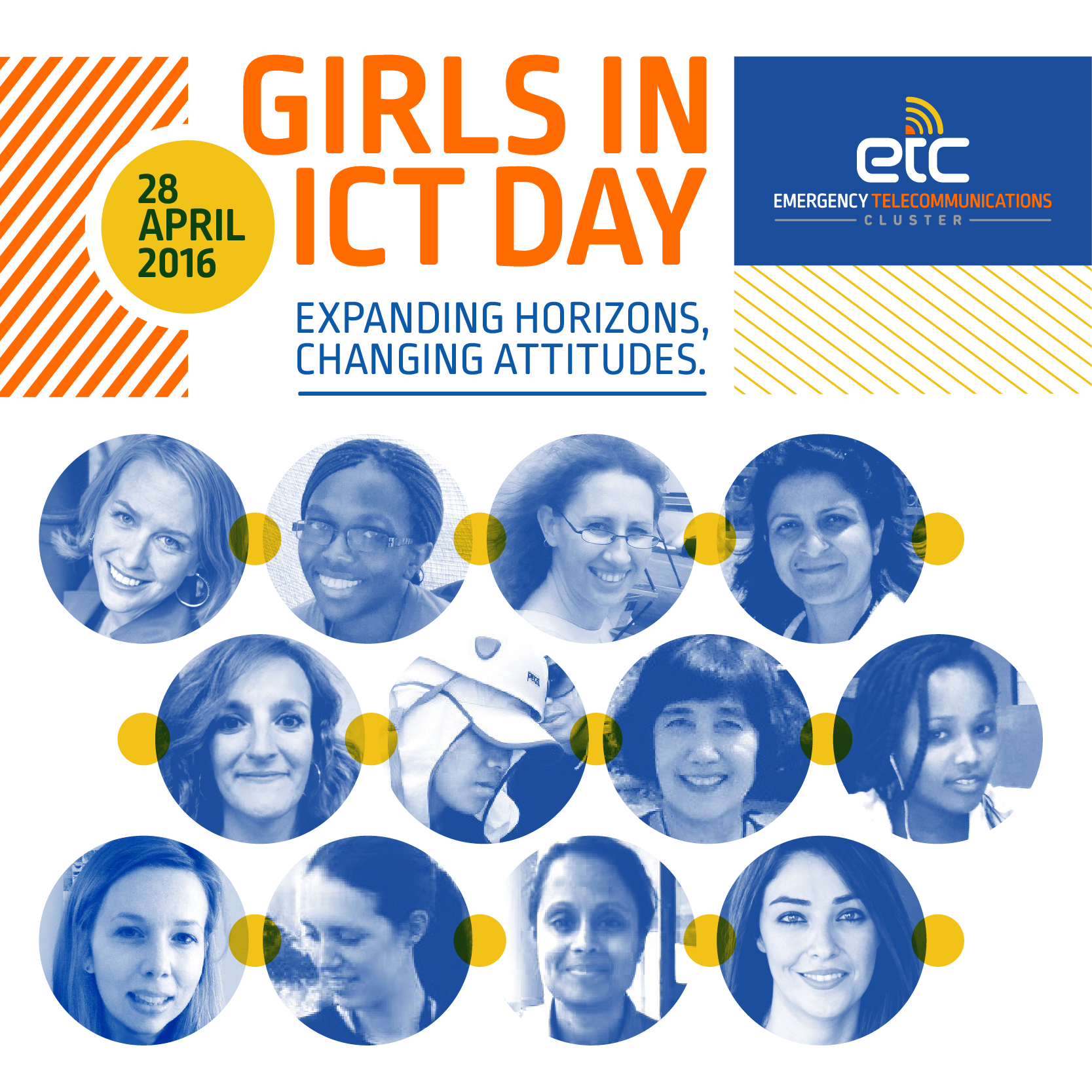
Grizelda Petrovska - IT Assistant, UNHCR Macedonia

The first thing I hear upon delivery of network equipment - “Where is your IT guy?”

What is your current role?
As an IT assistant, I maintain a computer network of 50+ desktop and laptop units at two different office locations of UNHCR Skopje.
How did you come to work in ICT?
Upon graduating from high school, many of my classmates were choosing medicine. As appealing as the prospects of medicine seemed at that time, I knew that if I opted for a doctor’s career, I would miss my favourite subject, math. So I decided not only to study math, but also to take it to another level and pursue my dreams in Information Technology. Later I earned a Master’s Degree in e-Business Management.
What do you like the most about working in ICT?
Solving problems and user satisfaction. As odd as it may sound, I like IT challenges; troubleshooting, and localizing problems in order to narrow down the potential culprits. And of course, coming up with the best possible solution. Technological development will never cease - it can only accelerate and therefore I believe that it provides an exciting journey for every ICT person!
What challenges do you face as a woman in ICT?
I feel fortunate to be able to work for UNHCR, since this is an organization that thoroughly pays attention to gender balance and equal opportunity for women and men. In addition, my ICT Supervisor from UNHCR HQ in Geneva is one exceptional lady, Ms. Elaheh Khalili - my role model that I have a lot to learn from.
In real life though, women are still under-represented in the digital jobs market - as we are only 30% - but I am optimistic that these numbers will keep gradually increasing. Recent studies show that female programmers’ code is more likely to be accepted and the person hired, compared to the code programmed by their male colleagues, but this is the case only when these women do not reveal their gender. Otherwise, if the gender of the programmer is known, the statistics is quite opposite – which is a stunning revelation. I guess ICT male counterparts still appear more credible in the ICT world, although the good news is that we will eventually overcome the gender gap because the results are more than evident. Women can be as good as their male colleagues in the digital industry, if not better.
What message do you have to encourage girls and young women considering careers in ICT?
I think girls have a great potential in ICT and can be very successful when solving problems. Sometimes computer users expect technology to be flawless, but that is impossible and they can easily get frustrated. Technology is not perfect, though at times it can make miracles and tremendously improve our work and life. Particularly in ICT, the strength of the women stems from the fact that they can remain composed and attentive in tough situations, while relying on valid reasoning and rational thoughts. If we add here the intuition that women are famous for, we have a recipe for a successful solution.
I do encourage girls and women to follow their dreams, regardless of any preconception of jobs defined as male/female. I believe that these stereotypical lines dividing male/female jobs will blur even more if we give more visibility to women in the ICT sector- a course that we will all benefit from.
| “Where is your IT guy?” is usually the first thing I hear upon delivery of computer/network equipment. Later on, when I explain that there’s no IT guy in the building, and I am the only IT person they are referring to, an apology follows and we all burst out laughing. |
Grizelda Petrovska
IT Assistant, UN Refugee Agency (UNHCR)
Skopje, fYR Macedonia

For International Girls in ICT Day 2016, the ETC celebrates women from across the network who ignore the stereotypes to not only pursue their passion in ICT, but to help the lives of others.
Through the stories and the words of these women, the ETC network supports the global Girls in ICT movement, encouraging girls and young women to pursue studies and careers in ICT.
Celebrated on the 4th Thursday in April every year, International Girls in ICT Day is an International Telecommunications Union (ITU) initiative backed by all ITU Member States, that aims to create a global environment that empowers and encourages girls and young women to consider careers in the growing field of information and communication technologies (ICTs).
